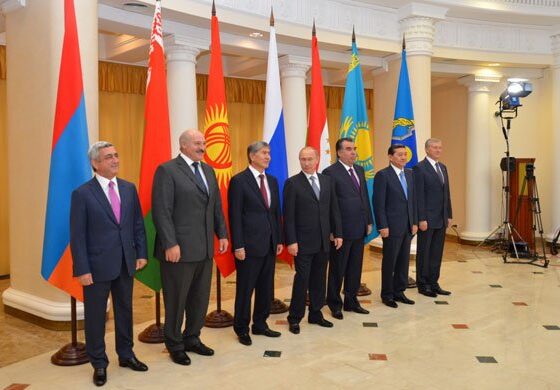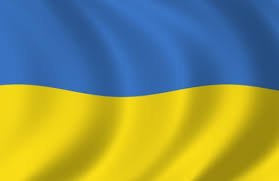The dramatic snowballing of events—Russia’s annexation of Crimea, ongoing war in eastern Ukraine, the downing of Malaysian Airliner MH17, sanctions—have remade the global political scene. Polarization, confrontation, and media-fuelled hysteria exist on all sides. Levels of anti-American sentiment in Russia and anti-Russian sentiment in the West have skyrocketed, propelled by media portrayals and outright propaganda, which has been especially evident on Russian television.
The emotional makeup of Russian society is especially complex and ambivalent. On the one hand, the number of Russians living in constant fear of a new world war, according to the Moscow-based Levada Center, reached 27 percent this past July, while 52 percent are generally concerned about it. On the other hand, VTsIOM, another polling agency, reported that the sense of social well-being in Russia in August hit a record high in terms of life satisfaction, material well-being, and social optimism, with numbers reaching 79, 76, and 77 percent, respectively. Russian President Vladimir Putin’s ratings have also remained unprecedentedly high at 82-86 percent over the last few months. It appears as if the events that have startled the world, producing anxiety and fear of Russia in Eastern Europe and elsewhere, have worked to boost Russians’ sense of well-being, self-confidence, patriotism, and faith in their president.
Political scientists have so far been reluctant to embrace emotion as a way of understanding political processes. The issue has been left for more casual journalistic coverage, as exhibited recently, with the media providing psychological accounts to help explain the Ukraine crisis. Such omission is regrettable, even if understandable, as I discuss below. The study of emotional underpinnings and drivers of political processes is important from analytical, policy-making, and political perspectives.










